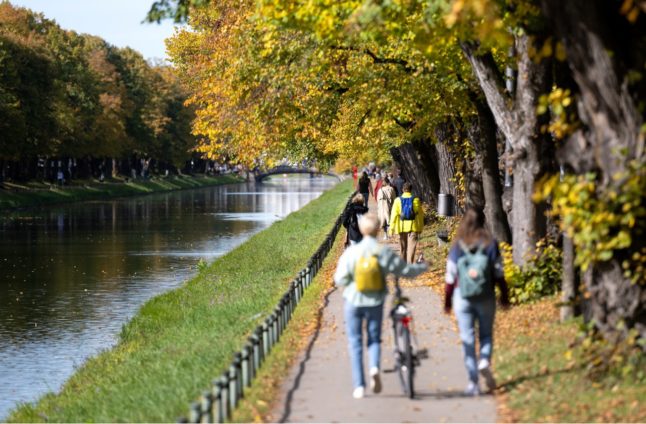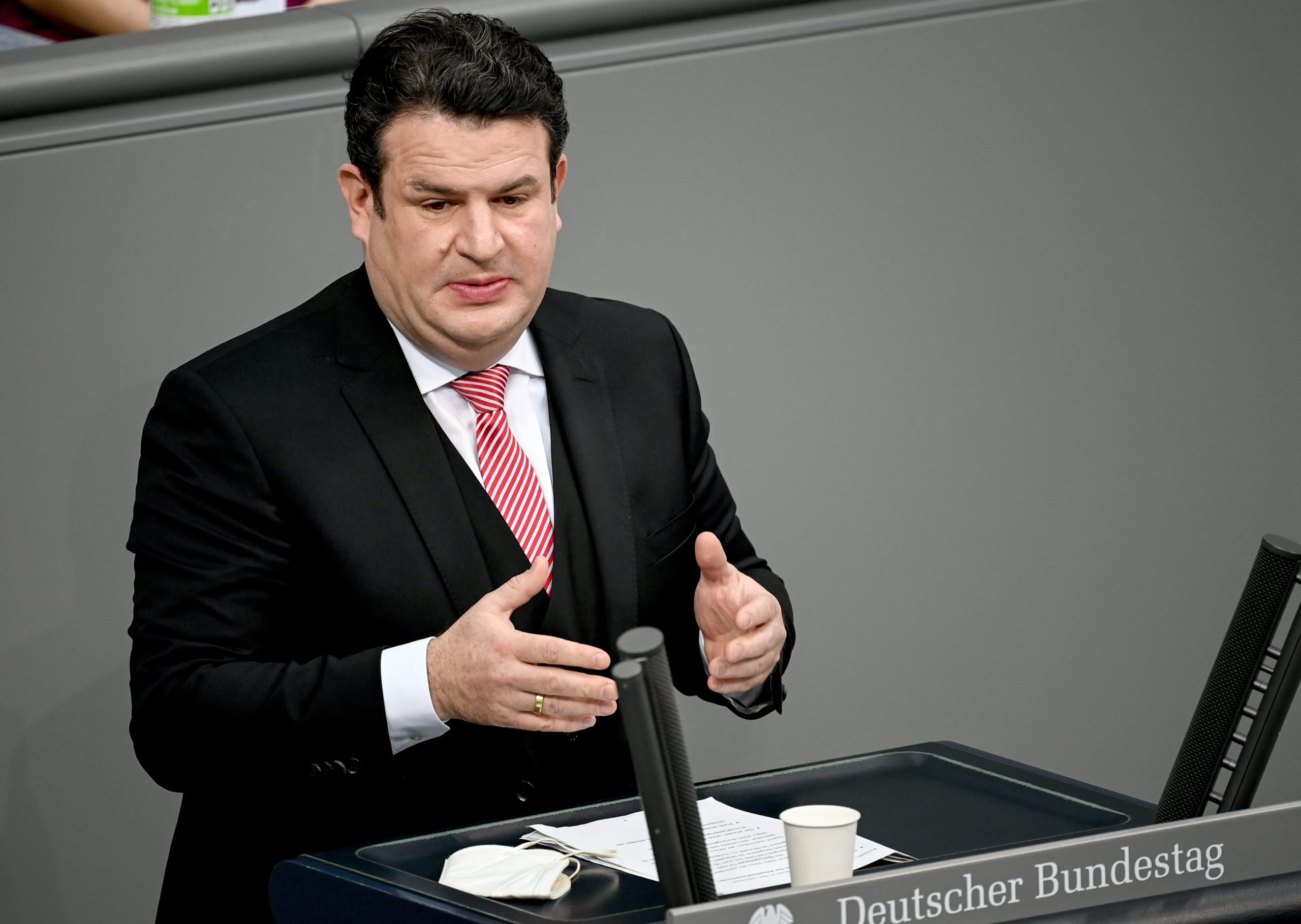Germany recently passed a reform of immigration laws aimed at pulling in more skilled professionals from abroad to plug the worker shortage.
The changes include introducing a points-based permit for jobseekers that would allow them to enter the country for up to 12 months in order to look for work, lowering the salary threshold for Blue Card applicants, easing family reunification rules and making life easier for international students.
READ ALSO: When will Germany’s new immigration rules come into force?
But all of this still requires painstaking paperwork. And one thing that foreigners constantly struggle with here in Germany is the red tape and burdensome bureaucracy.
The Green party, which governs in Munich with the Social Democrats (SPD), believes that setting up a ‘welcome centre’ could be a solution to this issue.
They want to see a central contact point in the Bavarian capital that can assist foreign nationals with any questions and guide them through the process of settling in the country.
The centre would be the local response to the federal law, “the spelling out of legislative theory in practice”, the Greens’ Katrin Habenschaden, who’s a mayor in the city, said when presenting the plan.
It would be set up in the district administration department (KVR), said Green city councillor Julia Post.
But it’s not just about getting newcomers into the labour market as quickly as possible, added Post. “We also have to think much more about people’s personal lives,” she said, listing things like helping foreigners in finding flats, day-care centres and schools, as well as setting up mobile phone contracts, internet connections and bank accounts.
“The main goal must be social integration – only then will people stay with us for a long time,” said Post.
READ ALSO:
- EXPLAINED: Where to get free immigration advice in Germany
- 8 things to know about Germany’s new skilled worker immigration law
‘Culture of welcome’
The Greens in Munich are taking inspiration from Stuttgart where a welcome centre is already set up.
The party said it envisages a “living culture of welcome”, with contact people available for new residents to communicate with in their mother tongue.
The move has been welcomed by local businesses.
Ralf Suhre, general manager of the Guild of Plumbers, Sanitary and Heating Technicians in Munich, said companies would be happy to have bureaucratic tasks taken away from them.
Small and medium-sized firms are “the backbone of the economy in Munich”, Habenschaden said, adding that they are suffering the most from the lack of qualified workers. In this respect, it is “a major threat to the economy and prosperity in Germany”, she added.
The Greens also said the anti-immigration far-right party Alternative for Germany (AfD) could be putting off foreign nationals from coming to Germany. The AfD has grown in popularity recently, according to polls.
People from abroad will certainly take a close look at whether they want to settle where a far-right party is polling at around 20 percent, said Habenschaden, adding: “The AfD is the biggest threat to our economic future.”




 Please whitelist us to continue reading.
Please whitelist us to continue reading.
Member comments